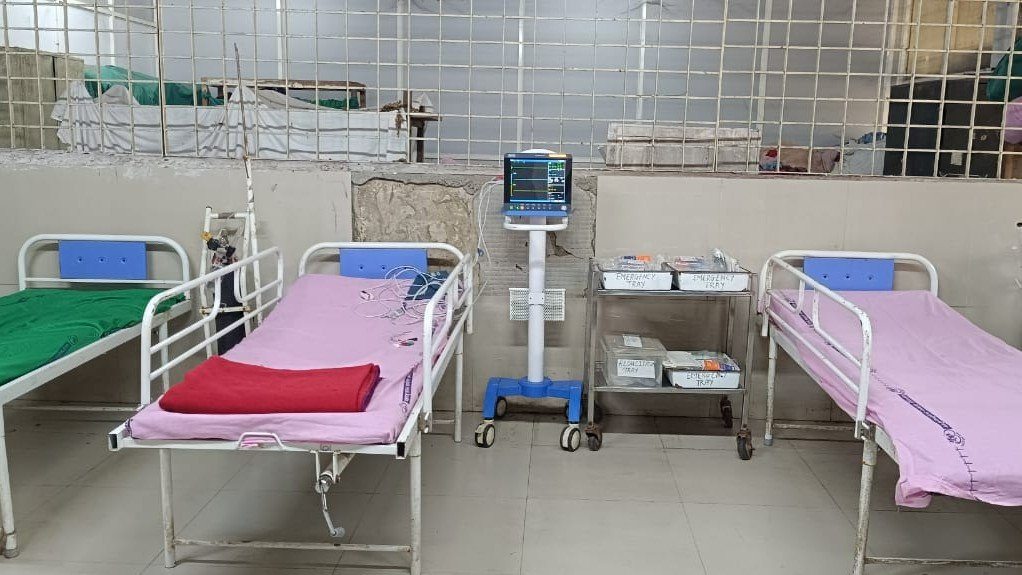Pune on Wednesday reported 35 suspected fresh cases of Guillain-Barré syndrome (GBS), an immunological nerve disorder, taking the count to 59, officials said.
The Pune Municipal Corporation (PMC) has formed 100 teams to start the survey from Thursday. The teams will soon start epidemiological survey in the affected areas along Sinhagad Road. The survey will focus on over 2.5 lakh residents in areas like Nanded City, Khadakwasla, and Dhayari.
Meanwhile, as city grapples with an unprecedented outbreak of Guillain-Barré Syndrome (GBS), an immunological nerve disorder linked with contaminated water and food, residents in the affected and nearby areas are blaming the PMC for failing to provide access to safe water to the residents.
In addition to residents, the Pune unit of the Aam Aadmi Party (AAP) has also slammed the PMC, while NCP-SP chief Sharad Pawar has appealed for better action.
As per the information, most cases are from areas like Sinhagad Road, Dhayari, Kirkatwadi, and surrounding areas, and the patients are admitted to Dinanath Mangeshkar Hospital, Kashibai Navle Hospital, Poona Hospital, Bharti Hospital, Ankura Hospital, and Sahyadri Hospital.
The spread has been linked to contaminated water or food. The PMC has been inspecting the water and food in the areas where cases have been found to trace the source of the infections.
Notably, several areas near Sinhagad Road, like Dhayari, Kirkatwadi, and Khadakwasla, still don’t get sufficient water despite the merger with PMC two years ago. These areas do not receive treated water from PMC and instead receive water from the gram panchayat.
The GBS outbreak in Pune has spread fear among the people, and now these residents are criticising and blaming the civic body for the outbreak.
GBS symptoms
Weakness or tingling starts in the legs.
Paralysis can affect the legs, arms, or face muscles.
Breathing can be affected in one-third of cases.
Severe cases may impact speaking and swallowing.
Intensive care may be needed for severe cases.
Complications can include respiratory failure or cardiac arrest.
What causes GBS?
Although the exact causes are unknown, according to the WHO, the majority of cases occur after a bacterial or viral infection. As a result, the body itself is attacked by the immune system.
One of the most frequent risk factors for GBS is infection with the bacteria Campylobacter jejuni, which causes gastroenteritis, including symptoms such as nausea, vomiting, and diarrhoea.
Additionally, CMV, Epstein-Barr virus, Zika virus, and other viral infections can cause GBS in people who have had the flu.
In rare cases, immunisations may raise a person’s risk of contracting GBS, but this is incredibly unlikely.




